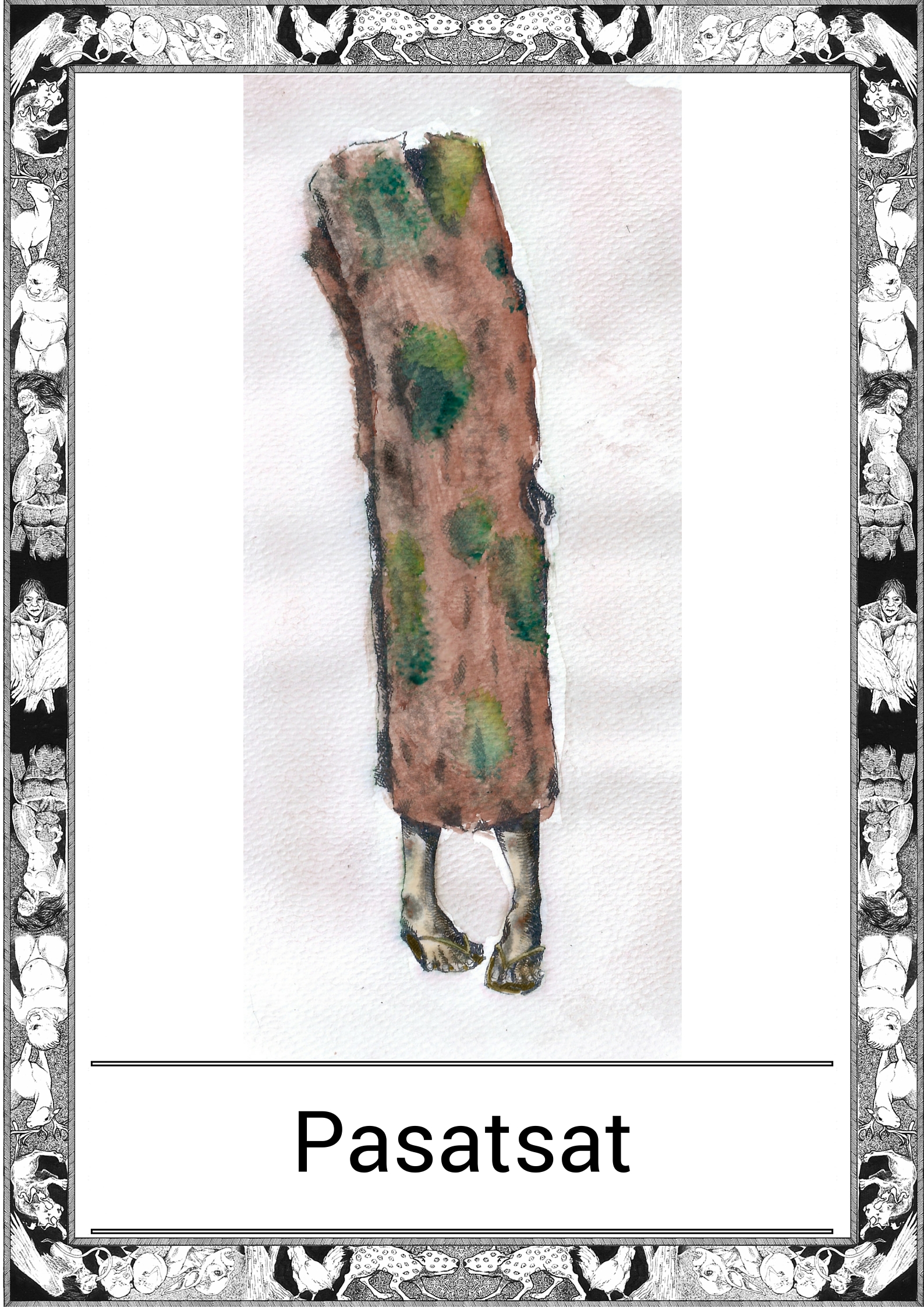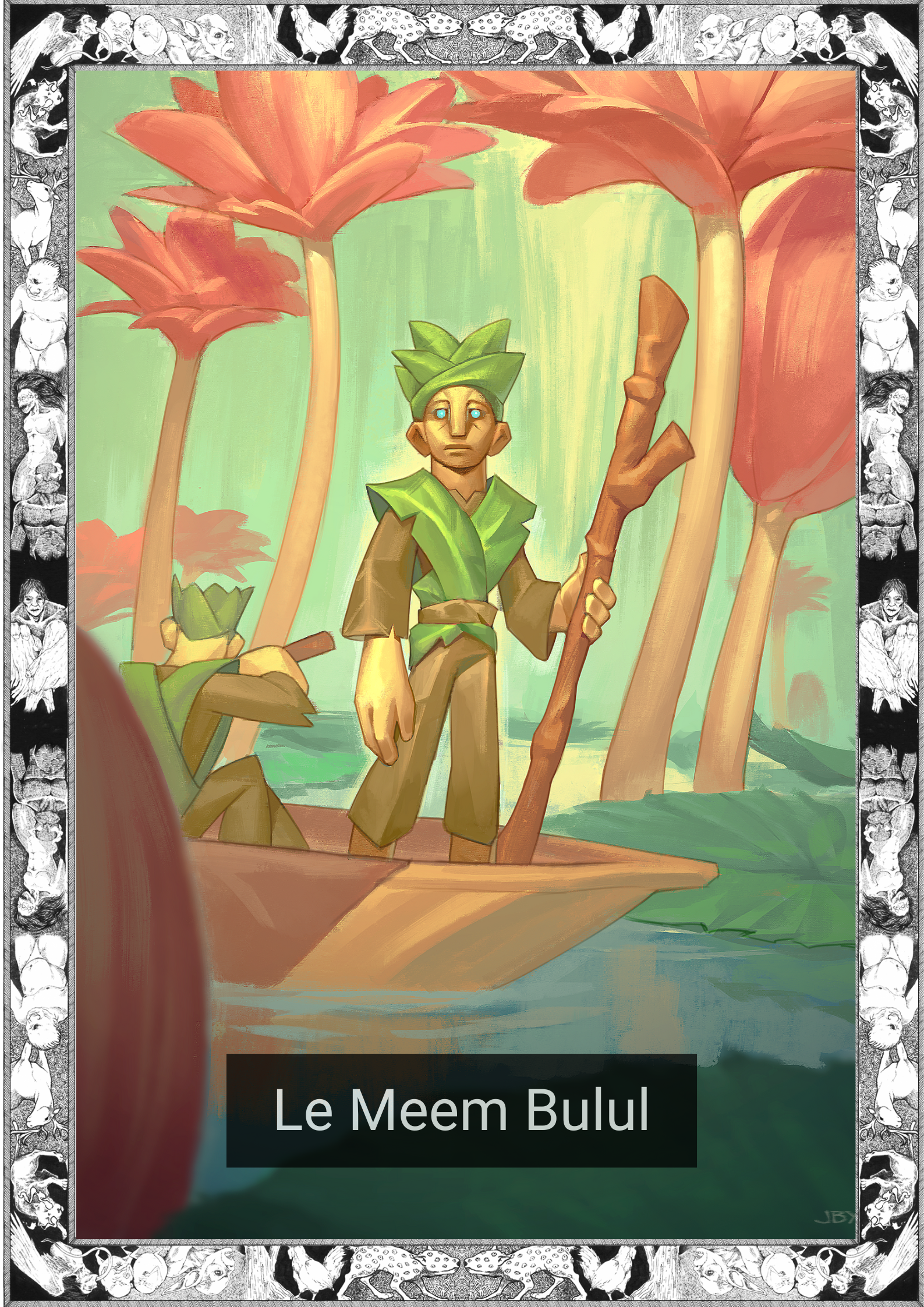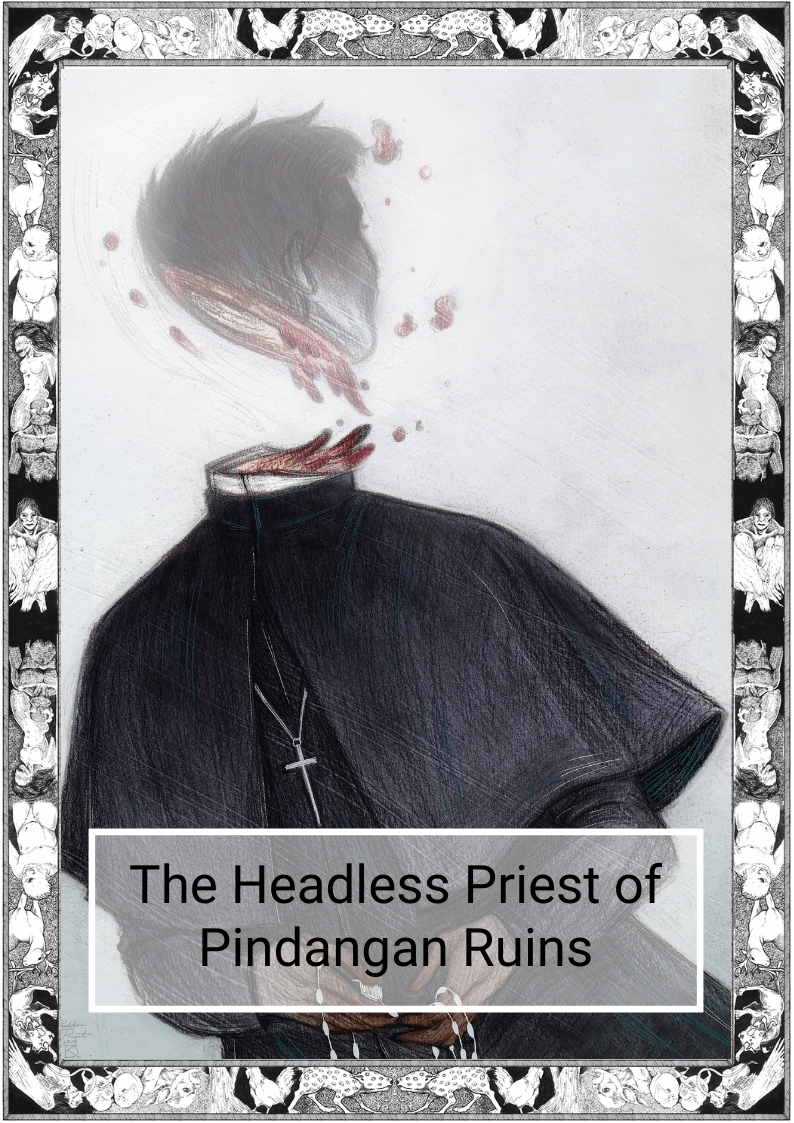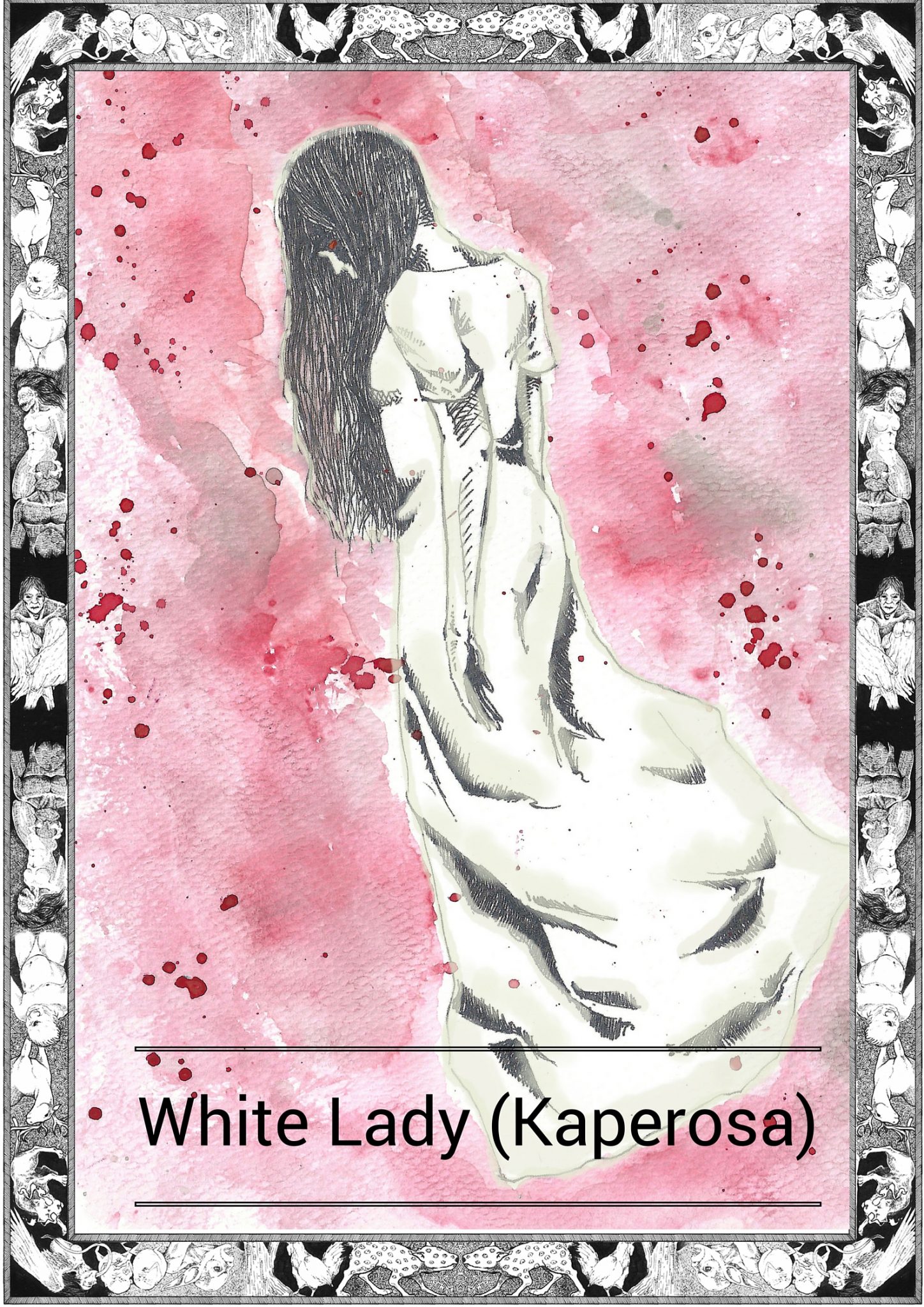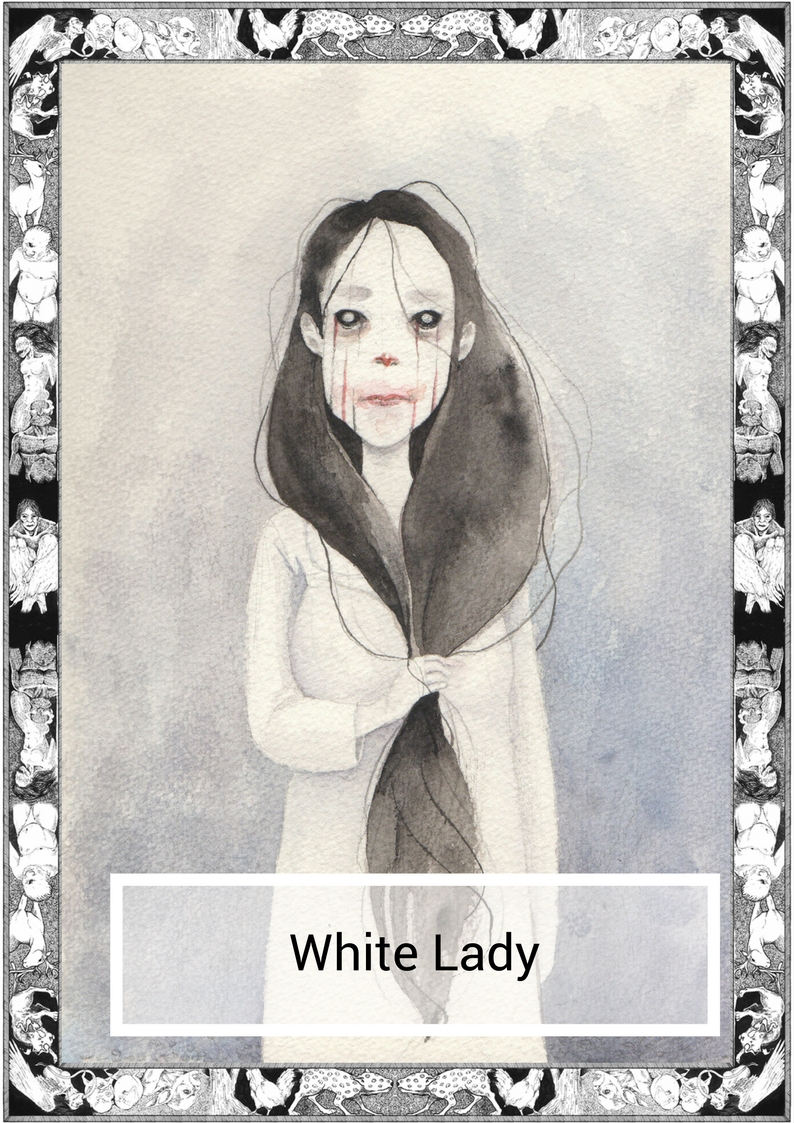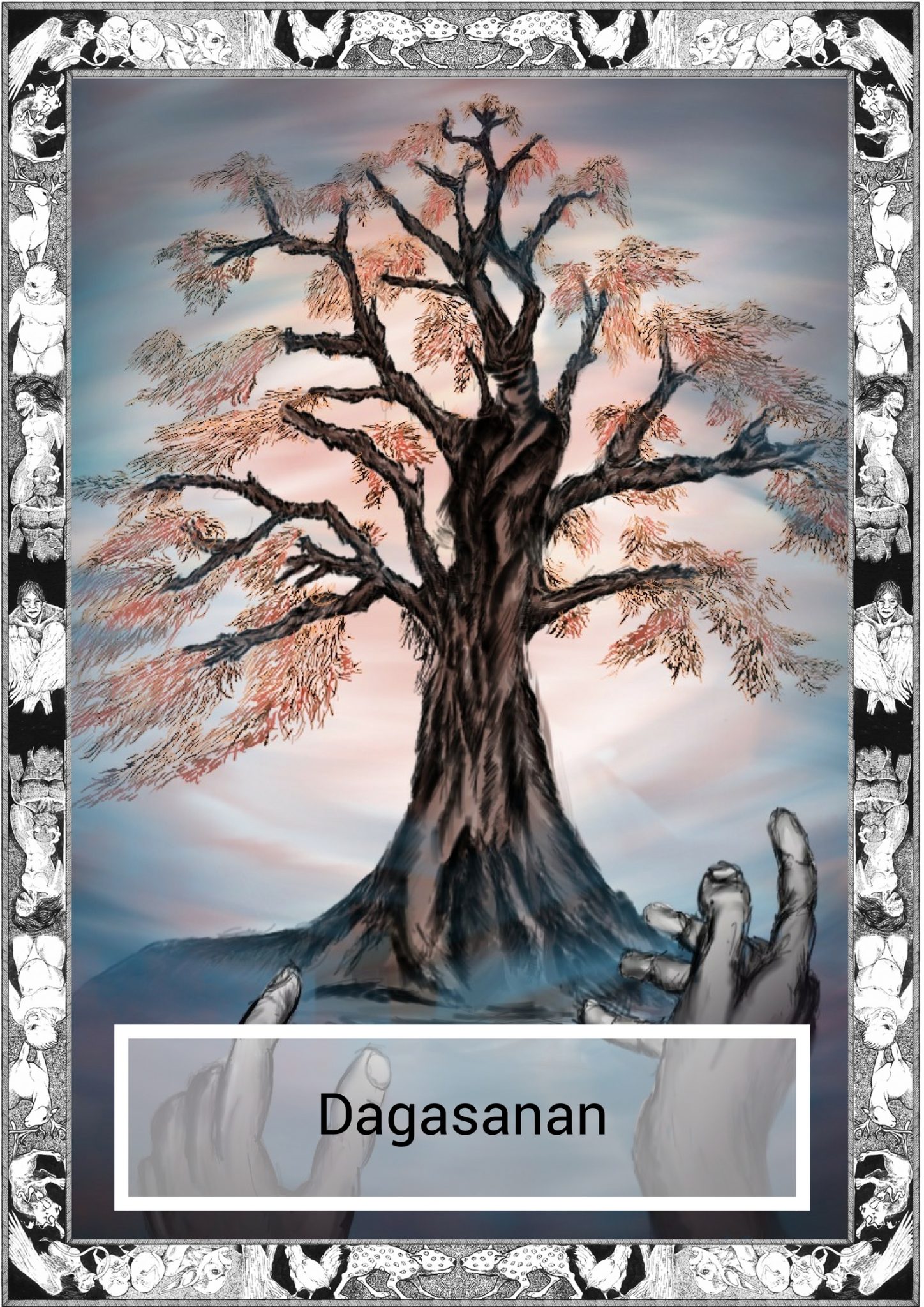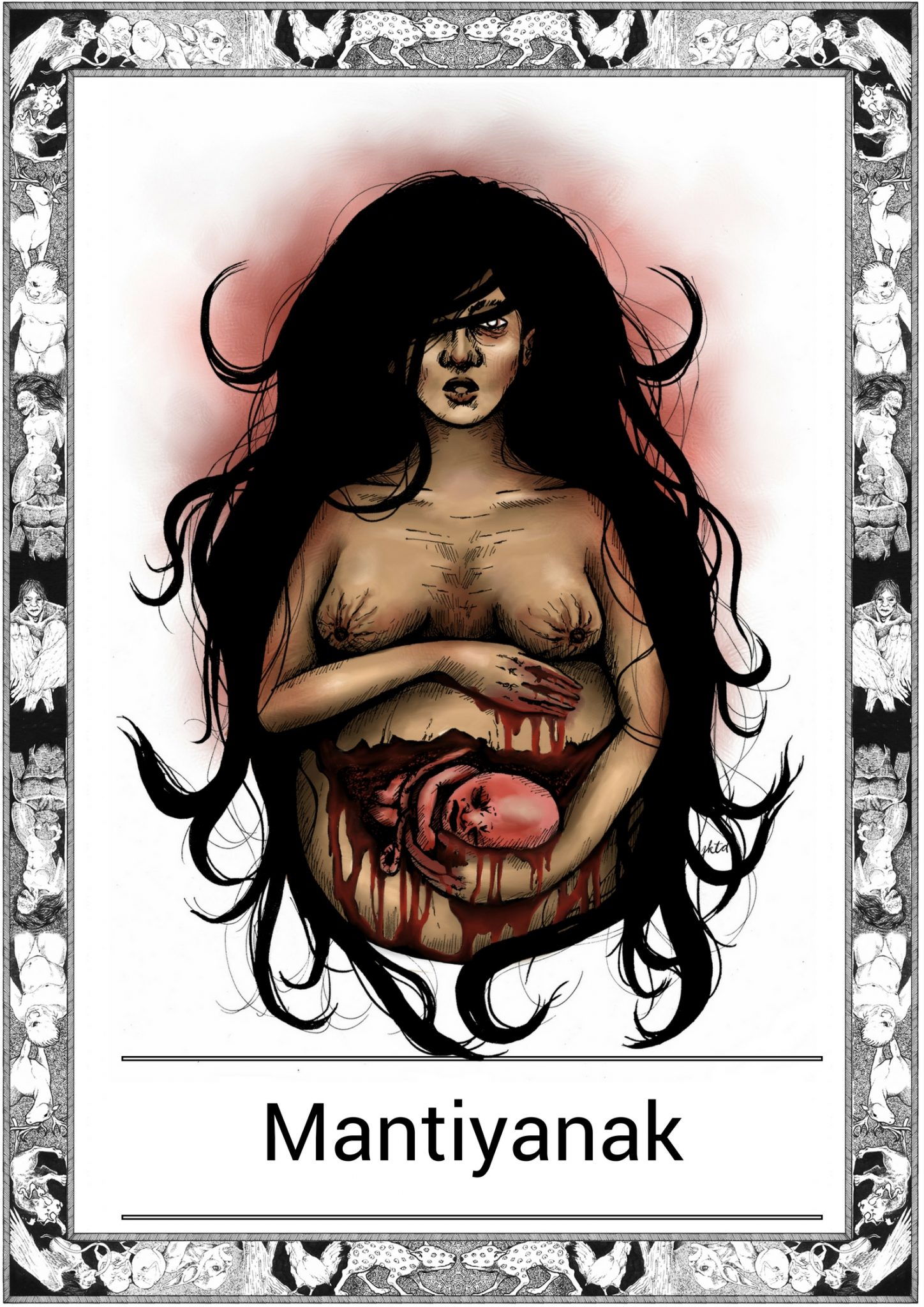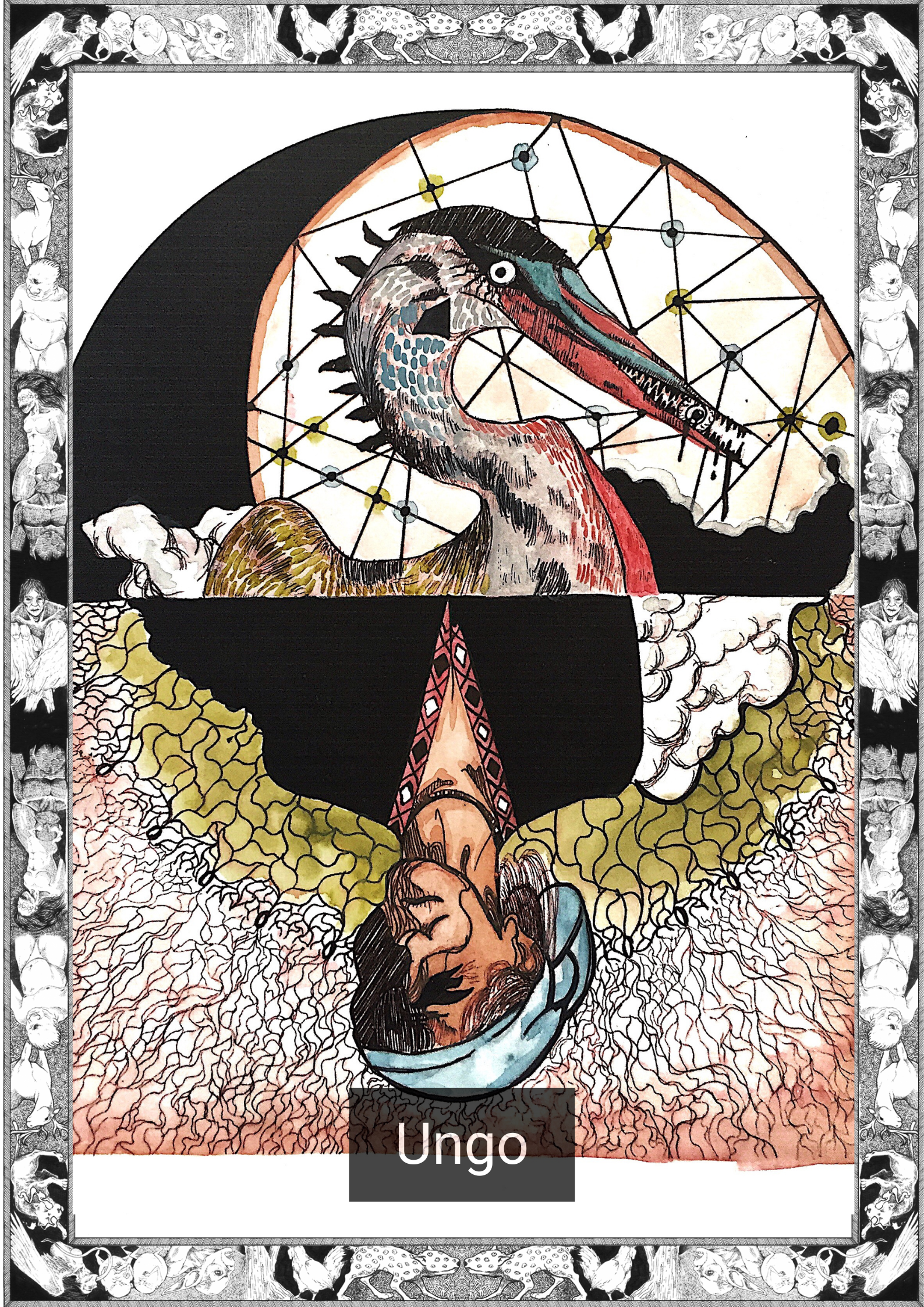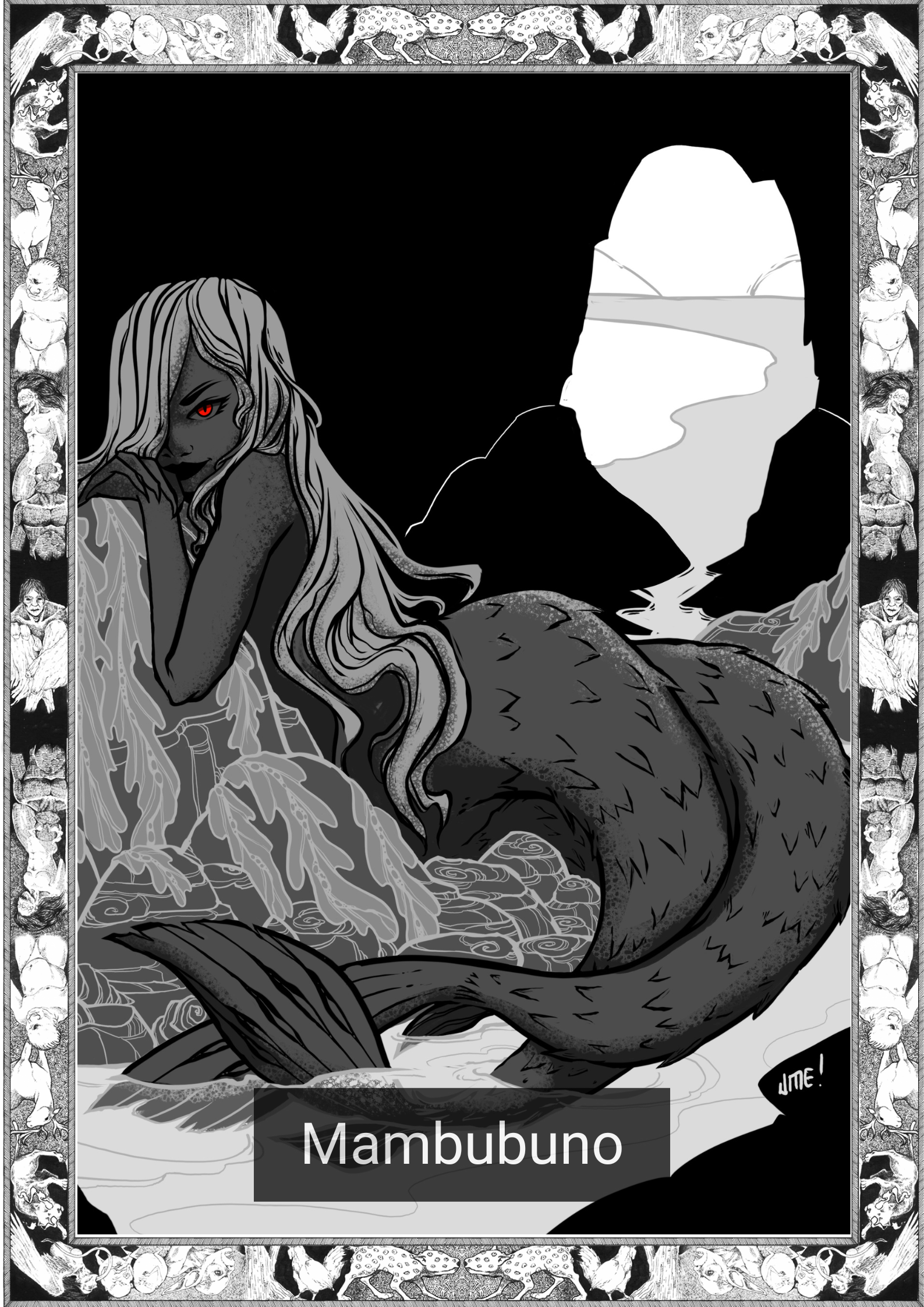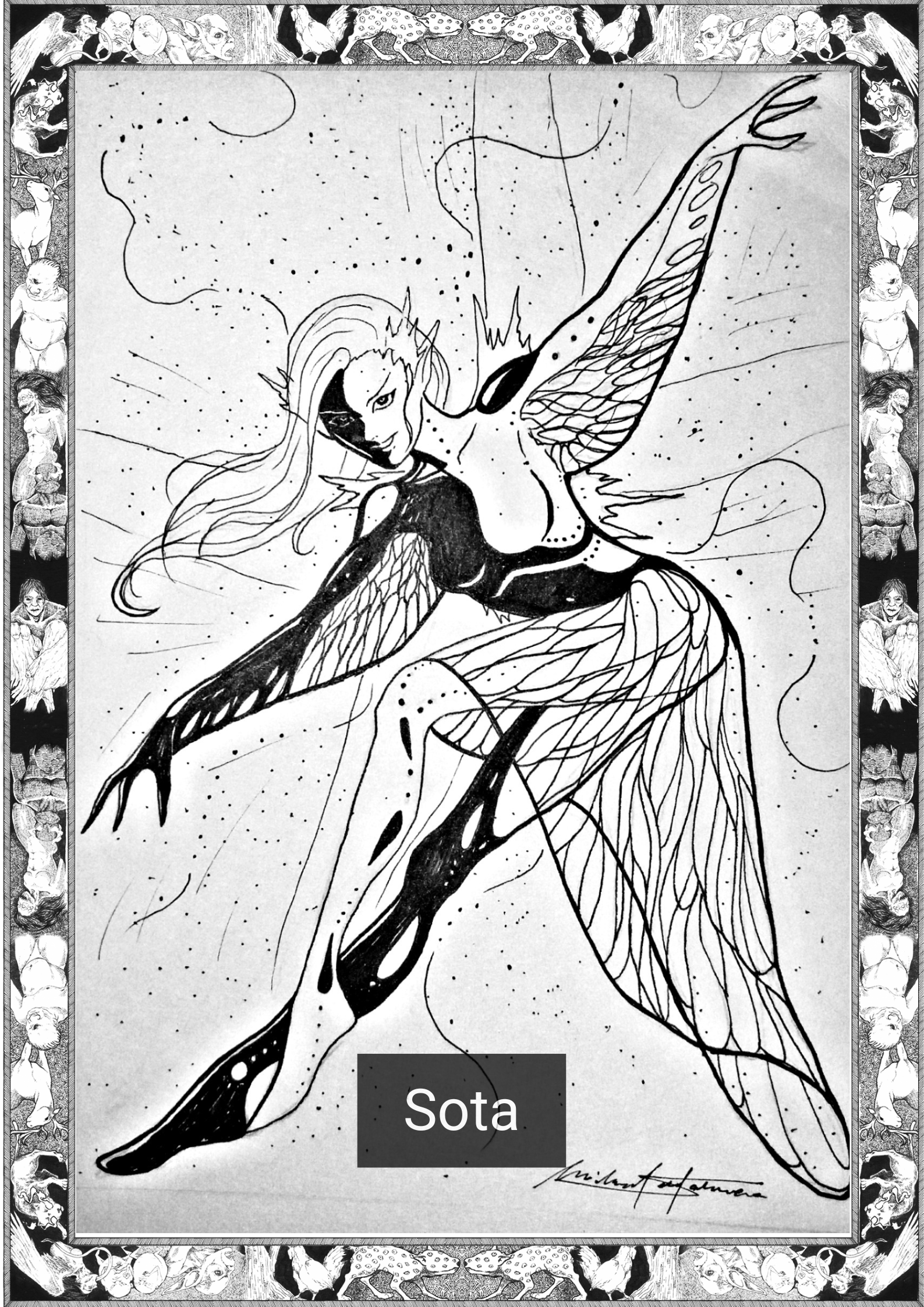
*Note this story is in Ibanag
Maturu pitufulu nga ragun ngana i nappasa adde gari, ngem, sinni kari i mabbilang? Tadday nga’ laman nga laka-lakay nga kuruga mapalubbangan nu mappakoli. Minum-ma tapenu makaraddam-ma. Anna, minum-ma gapa tapenu makattammak-ku.
Egga ta tangabbagan nga kuwarto yuri afu-afu ku ira, tuange ta afu-afu ku ta ‘tuk. Maimammo nga’ nga mappabalo ta Yafu ta grasya nga neyawa Na. Maraddammak-ku yuri gabi-gabi ira na paggigiak-ku gari turi ta kampo na POW. Naggiak-kami ta atatazzi ira nga bagon na tren; ari mi masingan i lawan. Ta adde na pakapangwa na Hapon ira, pinaddurummo da sikami ngamin ta unak na bago-bagon. Maraddammak-ku yuri kakavulu ku nga nakipabbakal. Masippo ira nga totolay. Ngem, nepallo i kabbi ra megafu ta taki anna bisin. Ari ku lagu ammu nu kunnasi nga’ nakalawan turi. Ari tu kasikannan na baggi’ laman i kegafuan na. Ngem, ta paginingak-ku ta mata-mata na ana-ana ku ira, anna turi ta ana-ana ra gapa, anna turi ta negaka-gaka na ana-ana ra, ammu’ nga yuri balor na pakipabbakal ku ay ari tu meparig ta ziga-riga nga iniyatattak-ku. Nu awayya na, ekku paga ulian yuri nga ziga-riga maski mamittanga-milyon paga.
Nagitubang ta biko ku si Isa, anna nakimallo tu magistorya nga’ paga. Ta ngamin nga afu-afu ku ta ‘tuk, yayya tamma i kasiriban, megafu ta vuluvvuga i aya na ta pabbibbik ta libru ira, anna nepallo i aya na nga maggigginna ta istorya’ ira, talugaring ta gerra gari. Sangaw nga aggaw, duma i istoryak-ku sa.
Nu tagi-mittan, ay lubbe nga’ ta Lingayen. Anni i aya ku nga maggian ta biko na bebay turi, anna pakolian ta nono ku danuri kofuk-ku ira nga kavulu ku nga nakipabbakal, danuri kofuk-ku ira nga natay. Maimammo ngana i levu sangaw, ngem, kagitta na magigginna’ paga adde sangaw yuri guni-guni na eroplano ira nga manompi ta bira-biray anna barko ira. Kamikaze kudda lagu turi. Gari ta nappasa nga ragun, ay ari nga’ nattattadday. Nakafi ngana i mata-mata’, ngem, makata’ paga yayya maski paga tu tadday nga milya i karayyu na.
Gari, awat-tu oras mi nga mangitanam. I makwa mi laman ay takkabban yuri baggi-baggi na nakkakatay ta dapan ira.
Fuwersadu ibattang mi laman ngana ira megafu ta mabi kami nga massifu anna malilli ta pala-palattuk na Hapon.
Naddinnulang kami ta nabayag. Ari ku ammu nu nammuak-ku yayya gari, nu nakavulu ku yayya onu kalinga’ yayya gari. Ari yayya nappika, anna ari laman gapa yayya nagguyu-guyu. Siminaddak laman yayya turi anna enna finugaddan yuri dalanak-ku. Ekku nelawan yuri ila nga neregalu niakan nuri marino nga nammuak-ku ta kabalin na gerra. Ari ku napanono, maski mittan, nga meusa’ gabba lagapa yuri nga ila ta korianan.
Ekku dinudduk yuri amang ta gian na niketaddagan na. Nawawan yuri takki-takki na, kunnud, naubbaran anna nevullak yuri dapan. Ganganalaman, nagaguk ta navuyu-vuyu yuri levu. Ta duma nga totolay, yuri nga aguk ay kagitta na tu nalabbak nga pattak. Ngem, napenam-ma’ ngana. Ammu’ nga nu mittan, i kunnaw nga gannug ay makapaliag nikaw.
Nagamundu si Isa. Ari na tamma nga kurugan yuri nestorya’ sa. Nakimallo mangana yayya ta tadday paga nga istorya nga meyannung turi ta kamikaze ira, anna danuri bira-biray. Netulu ku lagapa yuri uray na. Ari mu gamma makwa nga igamma i abbing nga magaya nga magginna ta istorya.
Maturu pitufulu nga ragun ngana i nappasa adde gari nga agga-aggaw, ngem, ari tu mawawan yuri ikara-kararruwa anna guni-guni ira.
English Version
About 70 years have passed since those days, probably more, but who’s counting? I’m just an old man who only has his memories to keep him warm. I drink to remember, I also drink to forget.
My grandchildren are in the next room, along with my great-grandchildren. I silently thank the Lord for my good grace. I remember the nights in the POW camp, stuffed in boxcars without any way to see the outside world. The Japanese would kick as many of us in each car as they could. I remember the men I fought with, good men. They were broken by disease and hunger. I don’t know how I got out of there alive. It took more than any sort of physical strength that I could ever bear. But looking into the eyes of my children and their children and their children’s children, I know what I was fighting for was worth all the suffering I could ever endure. I would do it again one million times over.
Isa sits next to me and asks me for another story. Among all my great-grandchildren I think she’s the smartest, she always has her head stuck in a book and she really likes hearing my stories, especially from the war. Today, I’m going to tell her something different.
I sometimes go back to Lingayen. I like to stand by the gulf and remember the friends that fought with me, the friends I had lost. It’s quiet now, but I can still hear the lingering echoes of the kamikaze aircraft flying into the ships. Last year I wasn’t alone. My eyes aren’t what they used to be, but I could recognize what it was from a mile away.
No one had time for burials then. We were resourceful and had to use what we could. That usually meant covering the bodies in mats and leaving them where we found them while we avoided machine gun fire.
We stared at each other for a long time. I don’t know if it was someone I knew, someone I bled with or someone I made bleed. It didn’t say a word, it didn’t even move. It just stood there, blocking my way. I took out the knife that was a gift from the marine I met after the war. I never thought I would have to use it.
I stabbed the ghost where it stood, its legs disappeared and the mat unfurled, releasing a horrible stench. To some people that putrid odor would be disgusting, but with all I’ve been through, I know that sometimes horrible smells can lead you to freedom.
Isa frowns, I don’t think she believes my words. She asks for another one about the kamikazes and the ships and I surrender. There’s no arguing with a young child looking for a story.
It has been around 70 years since those days, but the ghosts and echoes still linger.
————————–————————–————————–—-
*The Ibanag language (also Ybanag or Ibanak) is spoken by up to 500,000 speakers, most particularly by the Ibanag people, in the Philippines, in the northeastern provinces of Isabela and Cagayan, especially in Tuguegarao, Solana, Abulug, Cabagan, and Ilagan and with overseas immigrants in countries located in the Middle East, United Kingdom and the United States. Most of the speakers can also speak Ilocano, the lingua franca of northern Luzon island. The name Ibanag comes from the prefix “I” which means “people of”, and “bannag”, meaning river. It is closely related to Gaddang, Itawis, Agta, Atta, Yogad, Isneg, and Malaweg.
Written by Karl Gaverza
Translation by Jake Calubāquib Coballes
Copyright © Karl Gaverza
Translation Copyright © Jake Calubāquib Coballes
Story inspired by the Pasatsat entry in in Myth Museum. Medina. 2015.
Pasatsat Illustration by Leandro Geniston from Aklat ng mga Anito
FB: That Guy With A Pen
Watercolor by Isabel Leonio and Mykie Concepcion
Tumblr: http://mykieconcepcion.tumblr.com/
